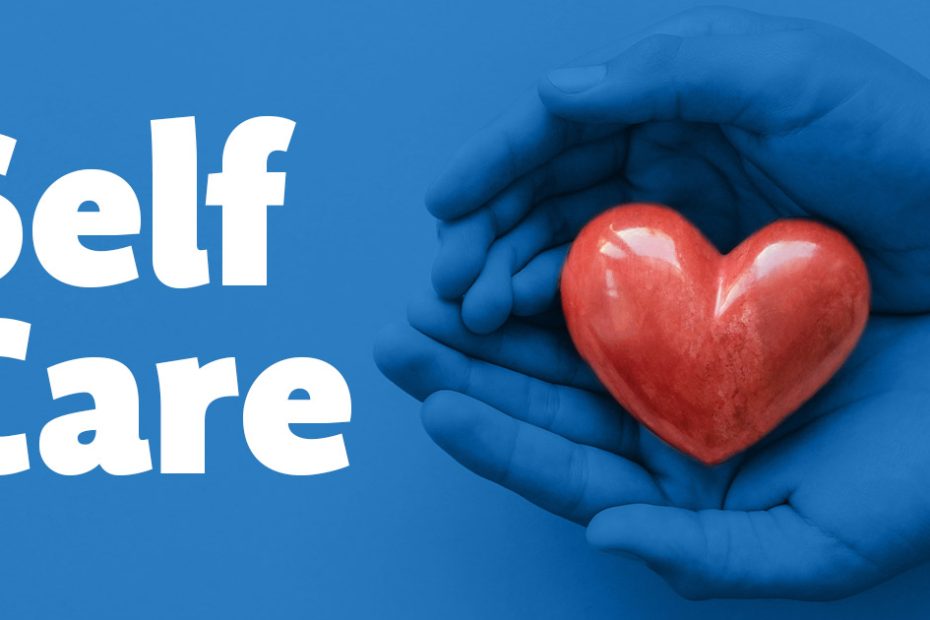Over the last few years, the term self-care has moved into the mainstream. For many, the stress, anxiety, and uncertainty caused by the pandemic pushed self-care from a nice idea into a meaningful part of their daily routine.
One of the challenges of defining self-care is that it really is about the focus on “self.” Not everyone finds the same things relaxing, calming, and grounding, and mass-marketed self-care programs and gurus often create additional stress around the topic by asking people to fit into their cookie-cutter approach.
The good news is that the most effective form of self-care is what works for you as an individual. It is also important to note that self-care is more than just addressing your physical health needs; it is about nurturing and providing an emotional, mental, and spiritual focus that helps to create a balance in life.
Ideas for Self-Care
For those new to the idea of self-care, think of it as getting in touch with your mind, body, and spirit. It is about creating positivity in life by getting away from negative, stressful, or difficult situations to refill your energy levels. It is a gift you give to yourself that promotes health and well-being on a daily basis. Reducing stress and worry is linked to reducing physical and mental health challenges, better sleep, and making more positive lifestyle choices.
When it comes to developing a self-care routine, finding your ideal plan starts with knowing what you already do that provides you with relaxation, engages your mind, and helps you to reduce stress.
Start with a piece of paper and write down all the things you do that help you to relax, unwind, and let go of negative thoughts and stress. Write down as many as you can think of, including things you may have done in the past that brought you joy and relaxation. Some of the common items on these personalized lists include:
- Going for a walk or a hike outdoors away from the city
- Enjoying a sunrise or sunset
- Doing a craft or hobby
- Working on a puzzle or drawing
- Taking in a yoga class or going to the gym
- Listening to your favorite music and dancing around the house
- Deep breathing exercises or guided meditations
- Taking a relaxing bath
- Reading or listening to an audio book
- Playing with the kids
- Going out for dinner with someone special
- Doing a mindfulness exercise
- Watching a favorite TV show or movie
Self-care also means addressing issues proactively. If you are experiencing stress, talking to a therapist, life coach, friend, partner, or other trusted person is also a form of self-care. Recognizing you are having difficulties and getting the help you need as soon as possible helps you to get back on track before more serious physical and emotional health issues develop.

